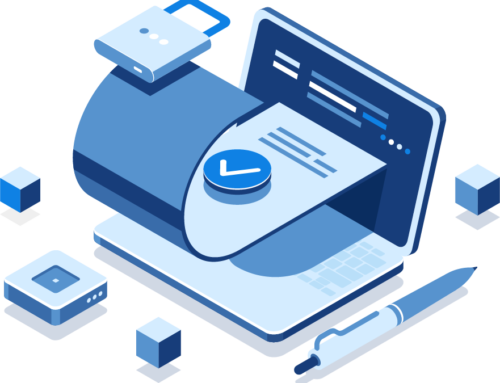The COVID-19 pandemic saw many parents embrace homeschooling for the first time, and while some are eager to get their kids back to in-person schooling 100%, a number of them are considering making homeschooling a permanent change. However, some ran into a major problem: internet access. Unless you have a reliable Wi-Fi connection, keeping up with only classes can be difficult, so parents who either lacked a strong Wi-Fi connection or didn’t have a computer at home found the shift to homeschooling a challenge.
Some might ask though: do you need the internet to homeschool a child? Some might find that question silly: people were taught at home long before the internet existed, so why wouldn’t you be able to do so now? Yet a degree of tech-savviness is required in most schools nowadays and planning a curriculum can be difficult without the easy access to educational resources that the internet offers.
But while these are helpful, are they a necessity?
Homeschool Without Internet Access
You may have already guessed, but you can absolutely school at home without a computer or access to the Internet. There are boxed homeschool curricula that don’t use internet access, along with a variety of other ways to learn online. Learning comes in many different forms, and it doesn’t have to be part of an in-person class, an online course, or a curriculum using workbooks to be a valid way to learn.
Of course, excluding the internet entirely can make homeschooling a challenge, as there are just so many tools and resources available online that can make the process easier. Additionally, certain subjects are harder to teach without internet access, especially topics related to computers and related technologies. Still, if you’re dedicated to keeping the internet out of your homeschooling curriculum, it is possible to do so.
Preparing to Unplug
First of all, you might want to spend some time with your child and teach them in a more casual setting before you start homeschooling them. This gets them used to the idea of learning from home and allows them the opportunity to figure out their preferred learning style. Some kids gravitate towards visual or auditory learning, while others prefer reading and writing. Knowing which one(s) your children like will help you set up the best curriculum for them. Also, be sure to do your research ahead of time, finding the right curriculum based on the topics you need to cover and your child’s level of knowledge. Never underestimate the importance of prep time.
As far as how you’re handling the internet (or lack thereof) you’re your child’s homeschooling, don’t spring an “unplugged” curriculum on them too suddenly. The internet is such a fundamental part of our daily lives that cutting it out of their schooling can be very jarring, whether they have experience with homeschooling or not. Talk to them about why you want to minimize internet usage, listening to their concerns as they come up. Also, remember that even if you want to keep your child’s curriculum relatively internet-free, that doesn’t mean that you can’t use some of the many tools and assets available online. The key is simply not to over-rely on them.
Is Unplugged Homeschooling Right For You?
Homeschooling can be tough, even more so without access to the internet. Yet for parents looking to unplug, it is an option and one that could help them get closer to their children and to better understand their educational needs. That said, there are still advantages to making the internet a part of a child’s homeschooling experience. In a future blog, we’ll discuss these advantages, along with how you can keep them safe and secure while online.





